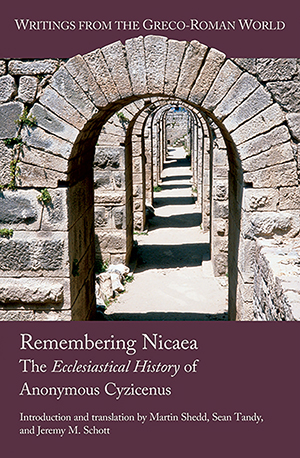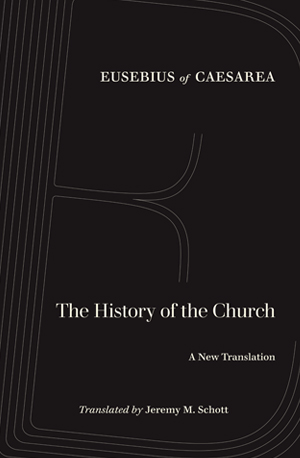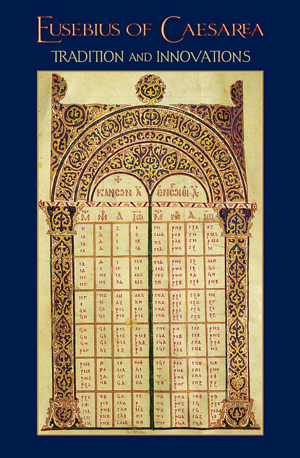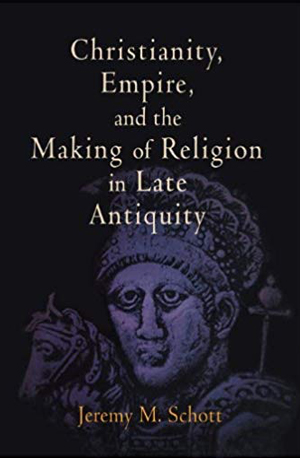- Ph.D., Duke University, 2005
- B.A., University of Rochester, 1999

Jeremy Schott
Professor, Religious Studies
Director, Medieval Studies Institute
Adjunct Associate Professor, History
Adjunct Faculty, Borns Jewish Studies Program
Adjunct Faculty, Classical Studies
Affiliate Faculty, Ancient Studies
Affiliate Faculty, Medieval Studies





 The College of Arts
The College of Arts